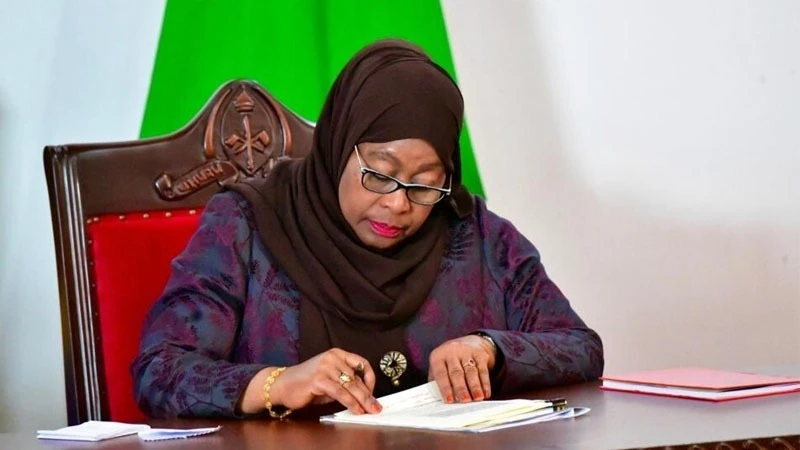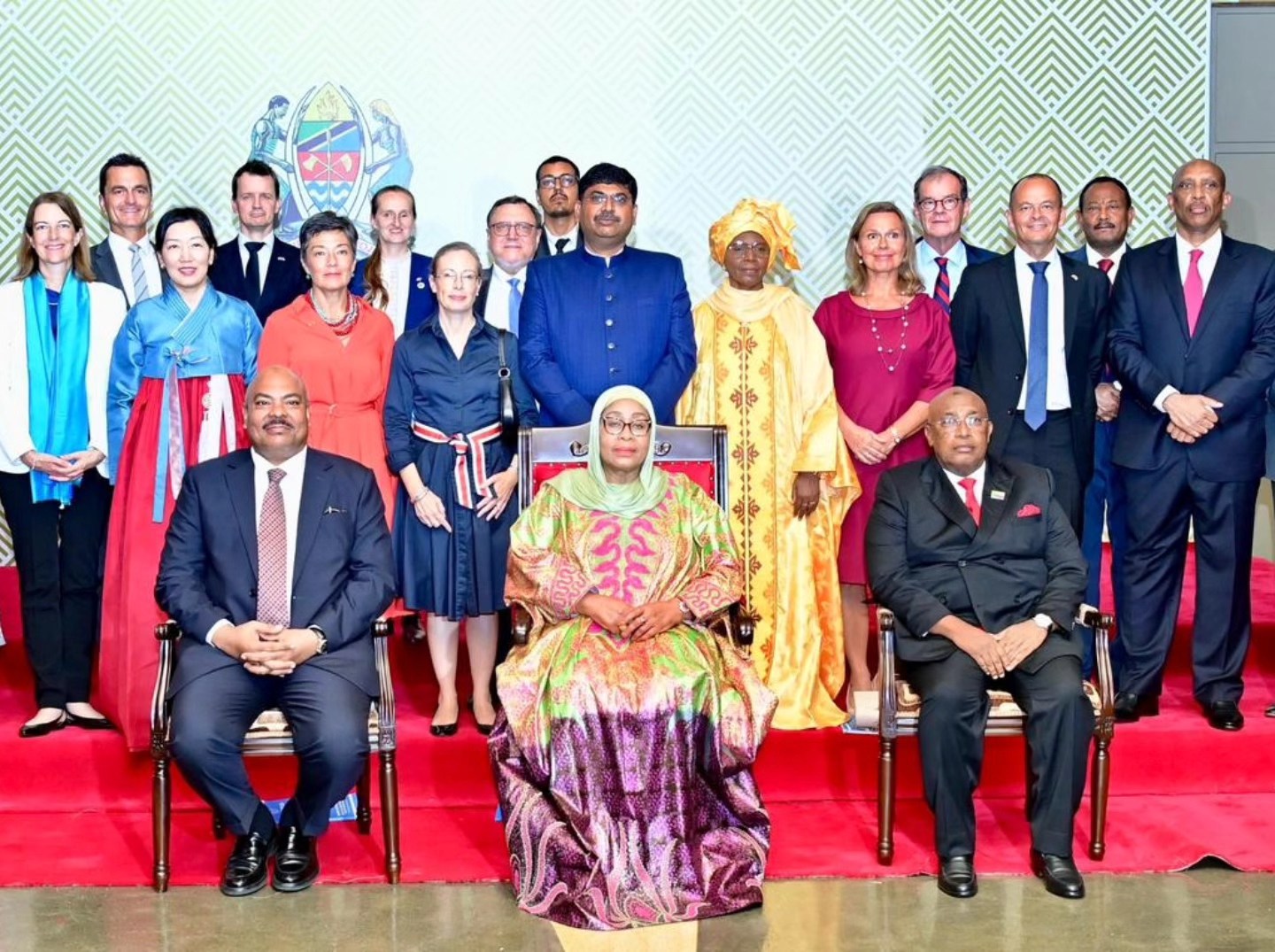‘African nations losing 5pc of GDP to climate change’

AFRICAN nations are losing up to five percent of gross domestic product (GDP) annually due to a heavier burden than the rest of the world from climate change, a new report has stated.
Celeste Saulo, the World Meteorological Organization (WMO) secretary general, said in a statement on Monday that a new meteorological report on Africa covering 2023 says it was the third in sequence of three hottest years.
Many African nations are spending up to 9.0 per cent of their annual estimates for revenues and expenditure on climate adaptation efforts, the report noted, asserting that the trend has been developing over a long period of time.
“Over the past 60 years, Africa has observed a warming trend that has become more rapid than the global average,” the meteo SG intoned, cautioning that it is affecting everything from food security to public health, and peace.
While Africa emits less than 10 percent of global greenhouse gas emissions it is the most vulnerable region to extreme weather events including droughts, floods and heat waves, she stated.
WMO urged African governments to invest in early warning systems as well as more focused meteorological services. If adequate measures are not put in place, up to 118m people in the continent will be exposed to droughts, floods and extreme heat by the end of the decade, the report explains.
In sub-Saharan Africa the costs of adapting to extreme weather could be $30bn to $50bn collectively per year over the decade, it elaborated,
The effects of climate change have been harrowing, it said, pointing out that during September and October 2023, up to 300,000 people across West Africa were affected by floods, while Zambia experienced the worst drought in 40 years, affecting nearly six million people.
The pattern of extreme weather events in Africa is unabated during 2024, as in the Sahel region adjacent to the Sahara, flooding has already affected over 716,000 people, on the basis of United Nations data.
In Mali, authorities last week declared a national disaster over floods which have affected 47,000 people since the beginning of the rainy season, as West Africa experienced an unprecedented heat wave earlier this year that led to a surge in deaths, it affirmed.
Top Headlines
© 2025 IPPMEDIA.COM. ALL RIGHTS RESERVED






















